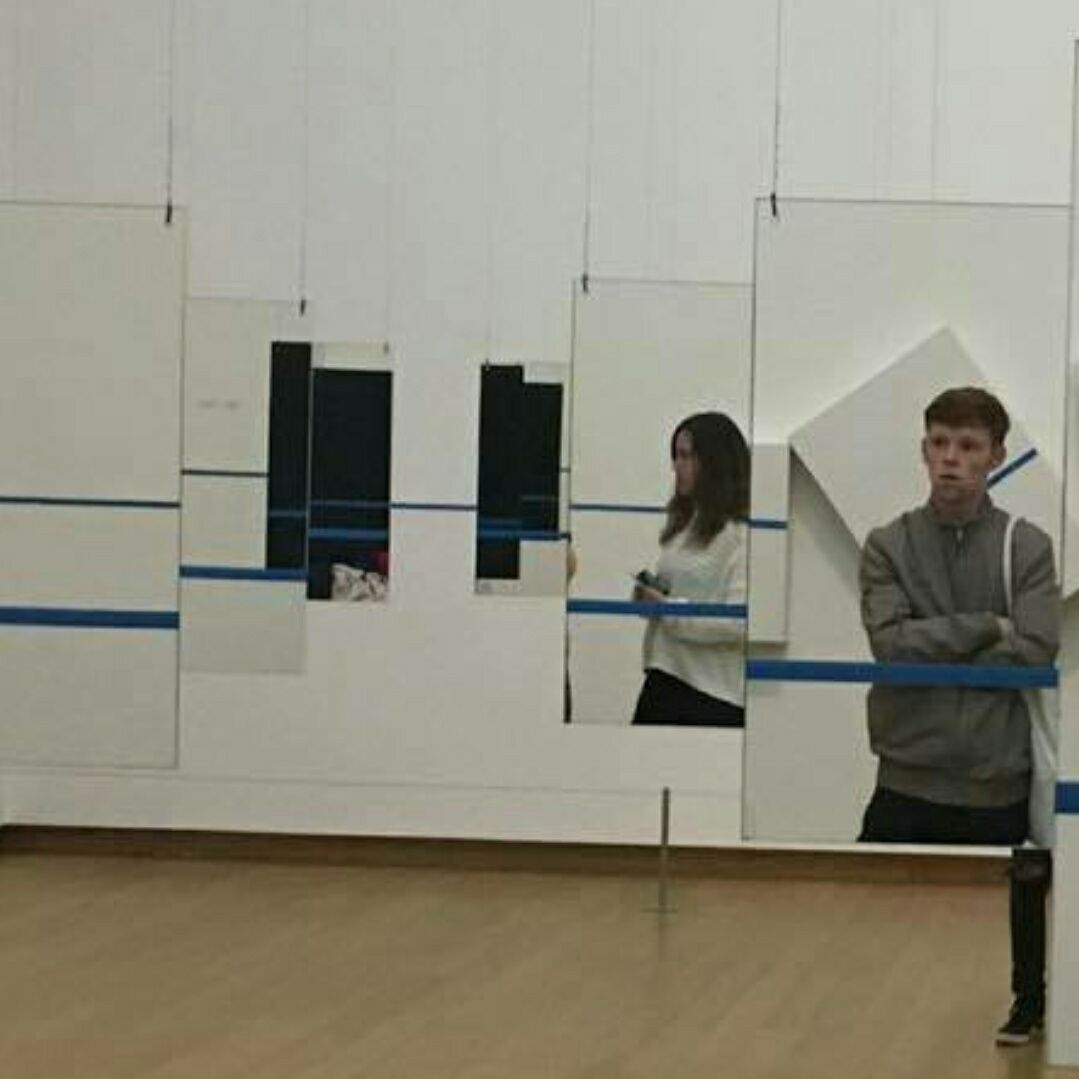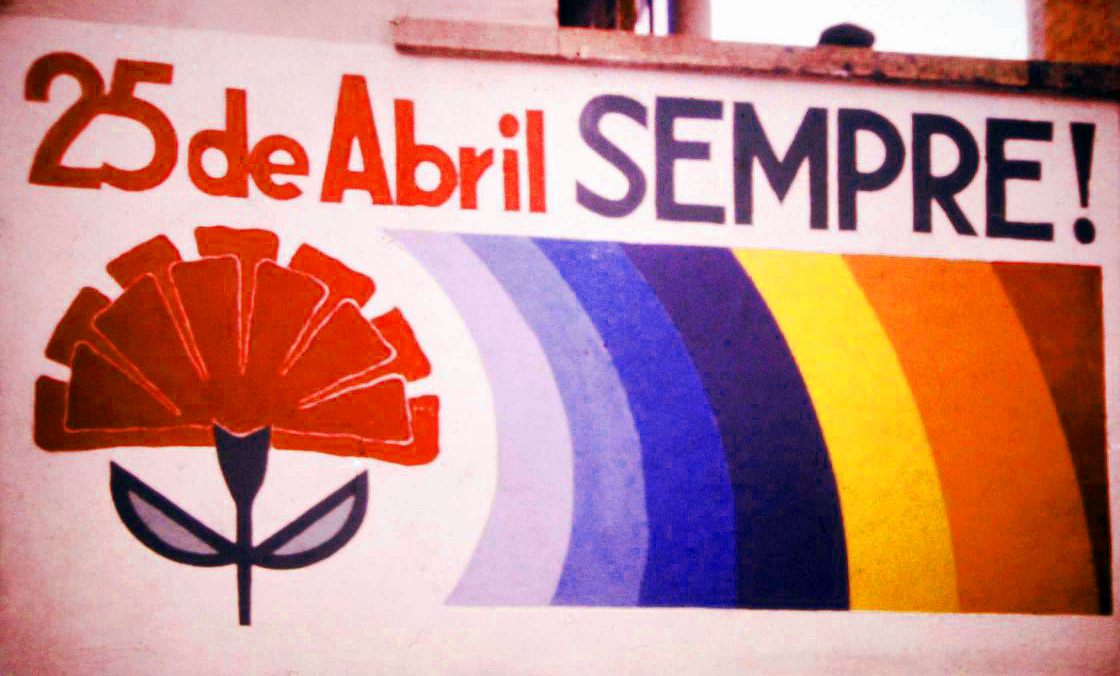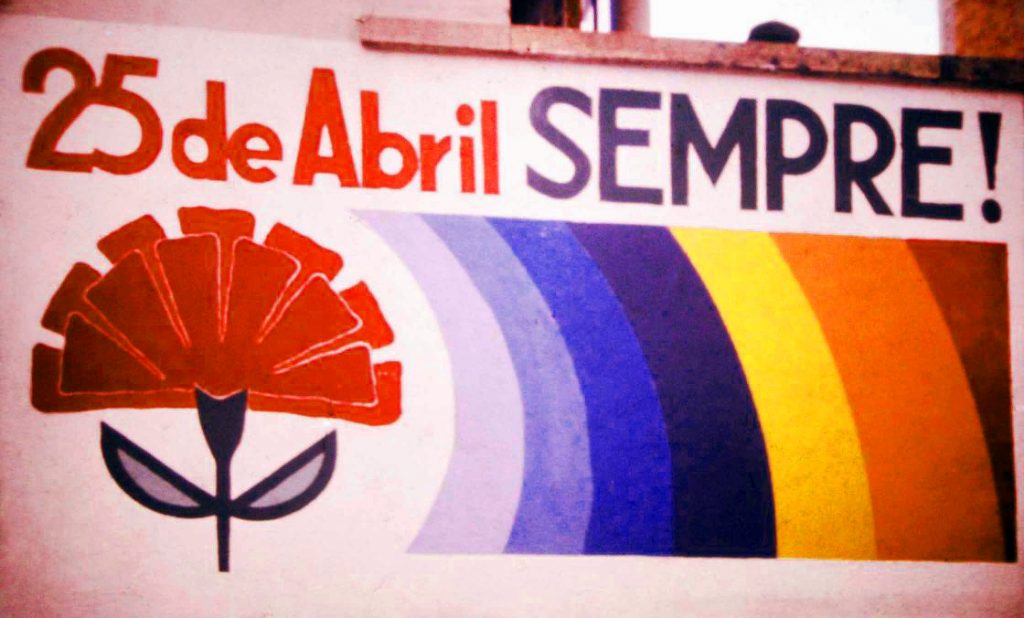
“It is incumbent upon the popular masses, the Portuguese people, that they take their destinies in their hands and, in liberating themselves forever from their enemies — fascism, colonialism and imperialism, open the road to a different life.” – Executive Committee of the Central Committee of the Partido Comunista Português, April 25th, 1974
On the 46th anniversary of the ‘Carnation Revolution’, we look back at the events that transpired as the Portuguese people put an end to 50 years of brutal Fascist oppression and colonial wars.
It’s late night, an hour before midnight on the 24th April 1974, Portugal’s popular Eurovision song: ‘E Depois do Adeus’ – ‘Goodbye’, plays on the radio. This, the first of two signals previously arranged by the military to synchronize their operations.
Shortly after midnight the operations are launched with the broadcast of Zeca Afonso’s – Grândola, Vila Morena.
Until this day in 1974, the fascist regime in Portugal had lasted longer than any other of its kind, how was it able to do so, what brought about its demise, and what was achieved?
The revolution of 1910 had deposed of the Portuguese monarchy but inherent class antagonisms inevitably arose, and three years passed following the assassination of the then dictator, where Portugal went through 16 governments. Years of strikes, uprisings and repression finally saw the exhausted working class lose to fascism. In 1927 revenge came upon the working class as then Minister of Finance, Colonies, War, Foreign Affairs and Prime Minister, Salazar balanced the national budget for the first time in a century at the expense of the workers. Only the Fascist party was permitted to exist in this “New State”. Trade unions, strikes and any expression were forbidden.
Only the ‘educated strata’ were permitted to vote, and the new Fascist regime came to rely on the Secret police to enforce its ‘order’ and maintain control of state power. It done so through atrocities such as beheadings, mass executions, and even crucifixions from the African colonies to the opposition at home. The Communist Party of Portugal existed illegally and mostly in exile throughout the period of fascist rule. During this time it was the only opposition force in Portuguese society, many of its brave revolutionary’s passed through the Fascist Secret Police’ hands, resulting in imprisonment, torture and execution.
In the coming years a crisis loomed for the ruling class, Lenin once stated that “Revolution is impossible without a nation-wide crisis (affecting both the exploited and the exploiters)” and in 1961, the Angolan liberation movement was launched. Followed by the revolt in Guinea in 1963, and Mozambique in 1964. After 13 years fighting unwinnable colonial wars against African Liberation movements, costing 48% of the Portuguese national budget, a huge movement of conscription dodging and desertion gathered pace as soldiers avoided starvation rations. At home, Portugal had lost half of its labour force between emigration and conscription, in the southern regions the shortage of labour left industry in ruin.
As a result, the monopolies forced Caetano, Salazar’s successor to enact very limited reforms, ‘opposition candidates’ were allowed to stand in 1969, however, around only 20% of the Portuguese population were allowed to vote, and the Fascists took every single seat. The following election saw every ‘opposition candidate’ withdraw. The population began to stir, the Capitalist class uncertain of how to maintain their grip, and over the following year, the working class would launch a series of strikes, including students at Lisbon University as well as the military academy.
A movement of officers within the armed forces arose as a consequence of the crisis of the Fascist regime and of opposition to the colonial war; it rapidly grew, working directly for the overthrow of the government, and so in the early hours of the 25th April 1974, Grândola, Vila Morena played on the radio and the operations drafted for the overthrow of the Fascist dictatorship were successfully launched. At around 4 o’clock in the morning word got out that General Spinola had taken control of the Portuguese government. Key buildings and offices were seized by the military and Navy, the headquarters of the hated Secret Police(DGS), were occupied so swiftly that no time was left to conceal or destroy materials, evidence of dossiers on thousands of Portuguese people were found along with banned books and supposed subversive posters. In the coming hours hundreds of thousands of people crowded the streets to celebrate the end of the Dictatorship.
In the hours following the PCP called for the immediate dissolution of the organs and instruments of fascist power including the National Assembly and the PIDE-DGS(Secret Police). It called for the immediate liberation of all political prisoners (in Portugal as well as the colonies), and the return of all those who had to flee the country because of opposition to the war and other political reasons. The ceasing of all press censorship, and the freedoms of assembly, of association, of union activity, of the formation of political parties, of demonstration, and the right to strike. The immediate suspension of all military actions in Africa, and the opening of negotiations with the republic of Guinea-Bissau and the liberation movements of Angola (MPLA) and Mozambique (FRELIMO), with the vision of immediate independence.
Today, we can look back at joyous images of thousands of working people crowding the streets, handing out Carnations to soldiers and placing them in the barrels of soldiers’ guns. What is widely omitted when discussing the revolution and perhaps the most crucial feature was that for nineteen months, three million people directly took part in workers, residents, and soldiers’ councils, which decided the daily running of society. Workers spent hours discussing and voting, banks were nationalised, the right to housing and health care were brought into effect and the people began to directly take their lives into their own hands. This was a revolution for the modern period, it was the most recent revolution in Europe to call into question the private ownership over the means of production and should be celebrated and analysed by the working class of the world.
On this 46th anniversary, we send our solidarity and well wishes to the workers of Portugal, to our comrades in the Partido Comunista Português and the Juventude Comunista Portuguesa.
Stiofan Barrie




